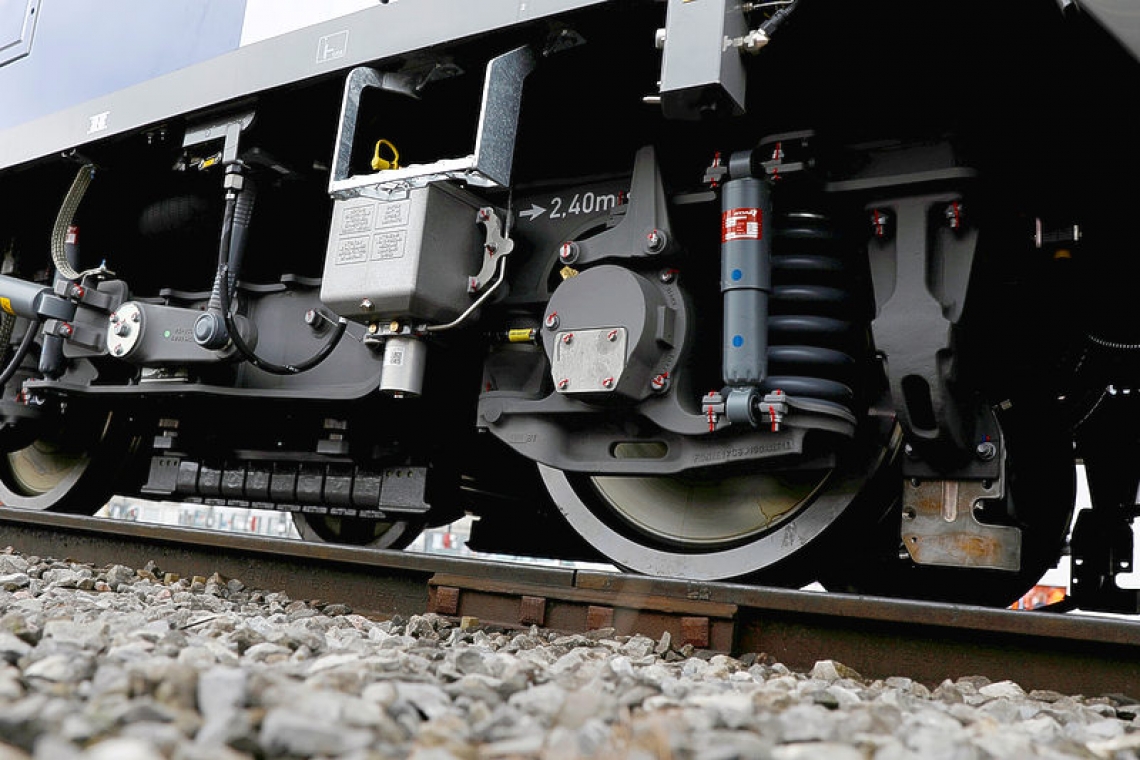PARIS/MONTREAL--France's Alstom has agreed to buy the rail division of Canada's Bombardier for up to 6.2 billion euros ($6.7 billion) to create the world's No. 2 train manufacturer and better take on Chinese leader CRRC Corp.
The cash and shares deal, announced on Monday, is the latest attempt by Western rail firms to try to build scale. Alstom, the maker of TGV bullet trains that speed between French cities such as Paris and Nice, was blocked last year from merging with Germany's Siemens by European regulators, who argued the deal could penalise consumers.
The agreement between Alstom and Bombardier would unite companies with an estimated $17 billion in combined revenues. The French firm said the two were complementary geographically, adding Bombardier's European's footprint was stronger in northern countries and the Canadian firm would add expertise in monorail trains as well as rail services.
"We don't see it as a huge issue," Alstom Chief Executive Henri Poupart-Lafarge said of regulatory hurdles on a conference call. "If there are some issues, they will much easier to solve than the one we had with Siemens."
A combination with Bombardier would give Alstom a share of between 40% and 60% of the European regional train market, according to estimates cited by union sources in France, well above Siemens at 10% to 20%. But some analysts have said there could be less opposition to a deal this time as Alstom and Bombardier have a lower combined European market share in high-speed rail and signalling.
The French government, which had criticised the EU's veto on the Siemens merger, welcomed the transaction. "This deal will allow Alstom to prepare for the future, against the backdrop of increasingly intense international competition," Finance Minister Bruno Le Maire said, adding he was due to discuss it with the EU's antitrust boss Margrethe Vestager on Tuesday.
Bombardier and Alstom said they expected the deal to close in the first half of 2021. Their agreement includes a 75 million euro break fee.
Train makers are eyeing consolidation to reduce costs and improve thin rolling stock margins, and Alstom said it also wanted to make the most of a boom in rail travel as consumers switch from planes for environmental reasons. The merged group would be able to reach annual cost savings of 400 million euros from the fourth year, the company added.
Under the deal, one of the Bombardier rail division's shareholders, Canadian pension fund Caisse de depot et placement du Quebec, would become the lead investor in Alstom with an 18% stake.
French telecoms-to-construction conglomerate Bouygues would retain around 10% of Alstom, which said it would finance the transaction by raising equity and with debt. The final price will be between 5.8 billion and 6.2 billion euros, it said.
The deal gives Bombardier's rail unit an enterprise value - equity plus debt - of $8.2 billion, and would allow the Canadian firm to pay down some of its $9.3 billion in debt. It faced a cash crunch in 2015 while bringing a new plane to market, and it has already sold its stake in the A220 passenger jet programme to Airbus and the Quebec government.
It has also been struggling to contain higher rail costs generated by problematic contracts in its nearly $36 billion order backlog, which Alstom said it would look to fix. "Clearly I would have preferred for things to have turned out differently for Bombardier," Quebec's Prime Minister François Legault said, adding Caisse's presence in Alstom's capital was a comfort for Canadian interests.
Bombardier Transportation is headquartered in Berlin and has plants worldwide including at Derby in central England, Mannheim in Germany and Crespin in northern France. Alstom's Poupart-Lafarge said the acquisition would not affect jobs.







